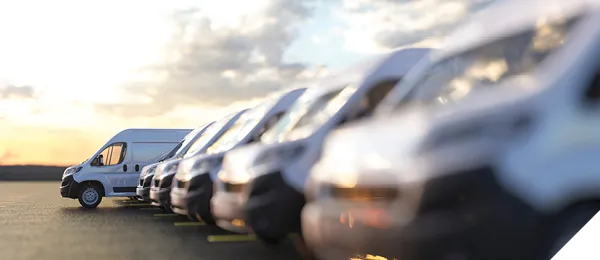Protect your most important valuables
We all have things that we want to keep safe. While we all hope that our homes are an ideal place for that, sometimes it’s a good idea to keep important items in another location. That’s where safe deposit boxes come in handy.
What Are Safe Deposit Boxes?
We work to keep the money of our accountholders safe, but certain locations offer the opportunity for you to rent a safe deposit box. You can ask a Personal Banker for more information about where your institution offers space for your valuables.
While many things in our lives are digital, these storage options are still relevant. Many of us still have important papers that are very hard to replace, and this offers a place with ample security to protect them.
What To Store
So, what should you store in a safe deposit box? A good rule of thumb is to keep items that are important, hard to replace and are not needed often. This can cover a wide range of documents and valuables, such as original birth certificates, marriage licenses, military records, degrees and diplomas, house or car documents, social security cards and a home inventory for use when filing a home insurance claim. If you or your children were adopted, especially from another country, you should consider keeping all paperwork related to that process in your safe deposit box as well, since getting copies from foreign governments could be next to impossible.
Besides paperwork, think about keeping other valuables that you don’t need regularly in a safe deposit box, size permitting. This includes heirloom jewelry that you rarely wear, stamp collections, or particularly important family photos.

What Not to Keep in Them
Anything you might need quickly, or when the bank is closed, should not be kept in a safe deposit box. This includes a power of attorney, living will or final will documentation. If something happens to you, it could make getting into your safe deposit box complicated – and your family will need the documents to either retrieve property or make decisions to help you.
Things to Consider
Safe deposit boxes are secure on purpose, so they can be difficult to access. Before you register for one, ask about who can have access, and policies if you are incapacitated or pass away. This could be valuable information to include with your power of attorney or will.
Before you place any valuables in a safe deposit box, contact the insurer with your homeowners insurance policy. While Premier Valley Bank, a division of HTLF Bank has insurance for the money your accounts, we do not have coverage for your personal items in your box. You should ask your agent to expand your coverage to add the heirlooms in the safe deposit box.
Finally, prepare your box for natural disasters. Many safe deposit boxes are ready to withstand hits from weather. However, it doesn’t hurt to store paperwork in plastic bags or other containers to protect it from water damage. You should also keep a scanned copy of all documents in the box separate from the originals, just in case.
Safe deposit boxes are not FDIC insured.









